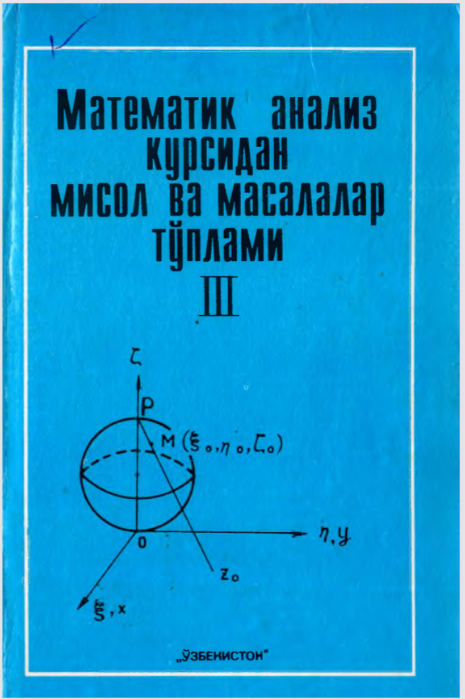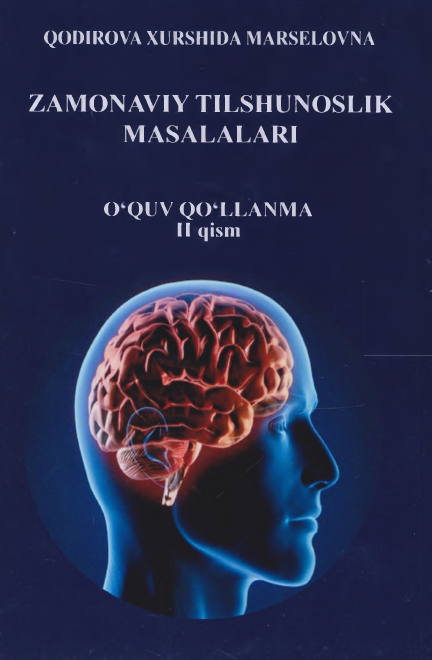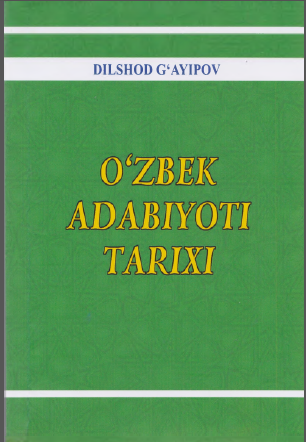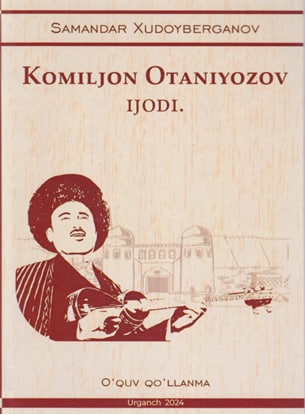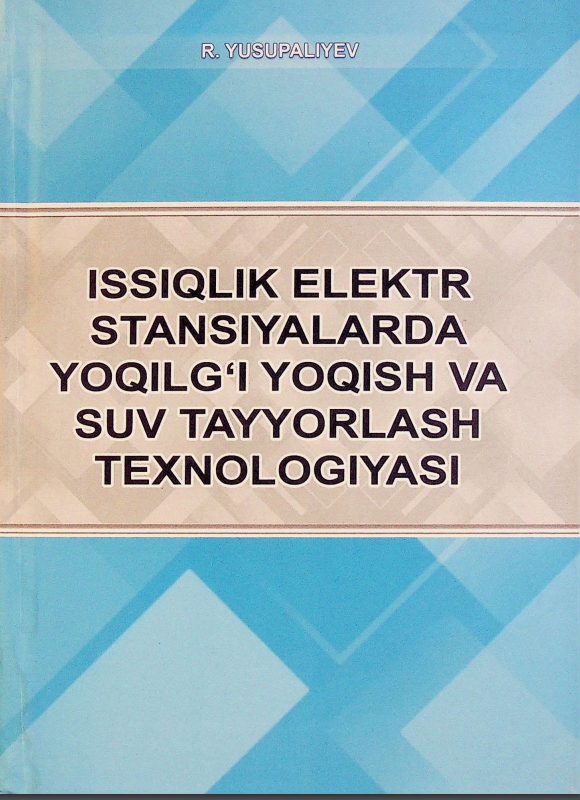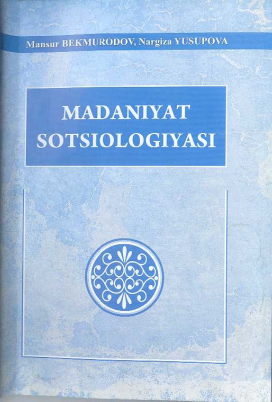The global financial turmoil that began in August 2007 escalated into a full-blown financial crisis about nine months after the last edition of Iniernaiumal Economics: Theory «£ Policy went to press. This ninth edition therefore comes out at a time when we arc more aware than ever before of how events in the global economy influence each country's economic fortunes. policies, and political debates. The world that emerged from World War II was one in which trade, financial, and even communication links between countries were limited. More than a decade into the 21st century, however, the picture is very different. Globalization has arrived, big time. International trade in goods and services has expanded steadily over the past six decades thanks to declines in shipping and communication costs, globally negotiated reductions in government trade barriers, the w idespread outsourcing of production activities, and a greater awareness of foreign cultures and products. New and better communications technologies, notably the Internet, have revolutionized the way people in all countries obtain and exchange information. International trade in financial assets such as currencies, stocks, and bonds has expanded at a much faster pace even than international product trade. This process brings benefits for owners of wealth but also creates risks of contagious financial instability. Those risks were realized during the recent global financial crisis, which spread quickly across national borders and has played out at huge cost to the world economy. Of all the changes on the international scene in recent decades, however, perhaps the biggest one remains the emergence of China—a development that is alicady redefining the international balance of economic and political power in the coming century .
Imagine the astonishment of the generation that lived through the depressed 1930s as adults, had its members been able to foresee the shape of today's world economy! Nonetheless, live economic concerns that continue to cause international debate have not changed that much from those that dominated the 1930s, nor indeed since they were first analyzed by economists more than two centuries ago. What are the merits of free trade among nations compared with protectionism? What causes countries to run trade surpluses or deficits with their trading partners. and how arc such imbalances resolved over time? What causes banking and currency crises in open economies, what causes financial contagion between economies, and how should governments handle international financial instability ? How can governments avoid unemployment and inflation, what role do exchange rates play in their efforts, and how can countries best cooperate to achieve their economic goals? As always in international economics. the interplay of events and ideas has led to new modes of analysis. In turn, these analytical advances, however abstruse they may seem at first, ultimately do end up play ing a major role in governmental policies, in international negotiations, and in people's everyday lives. Globalization has made citizens of all countries much more aware than ever before of live worldwide economic forces that influence their fortunes, and globalization is here to stay.


